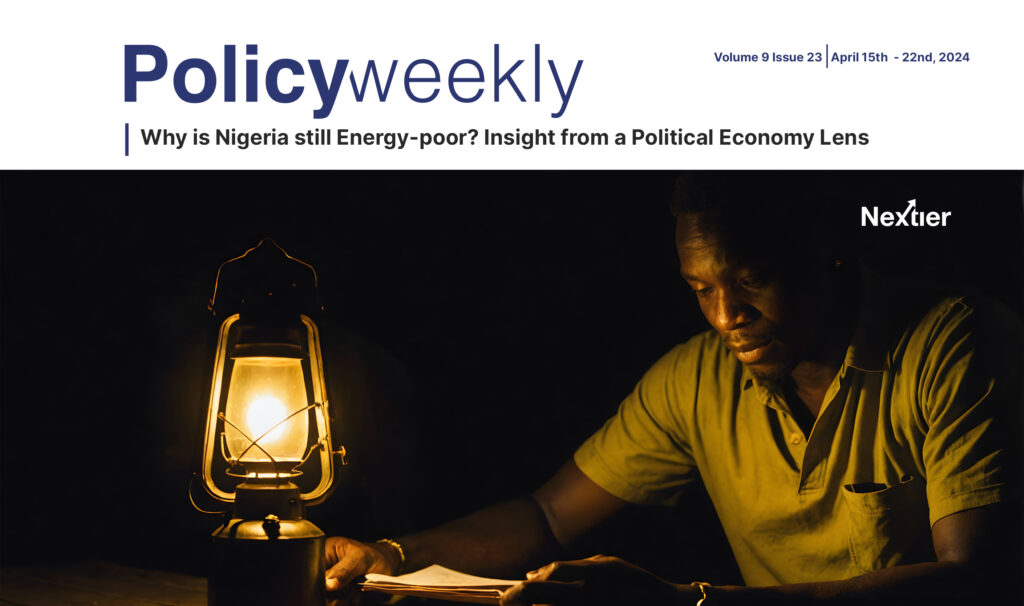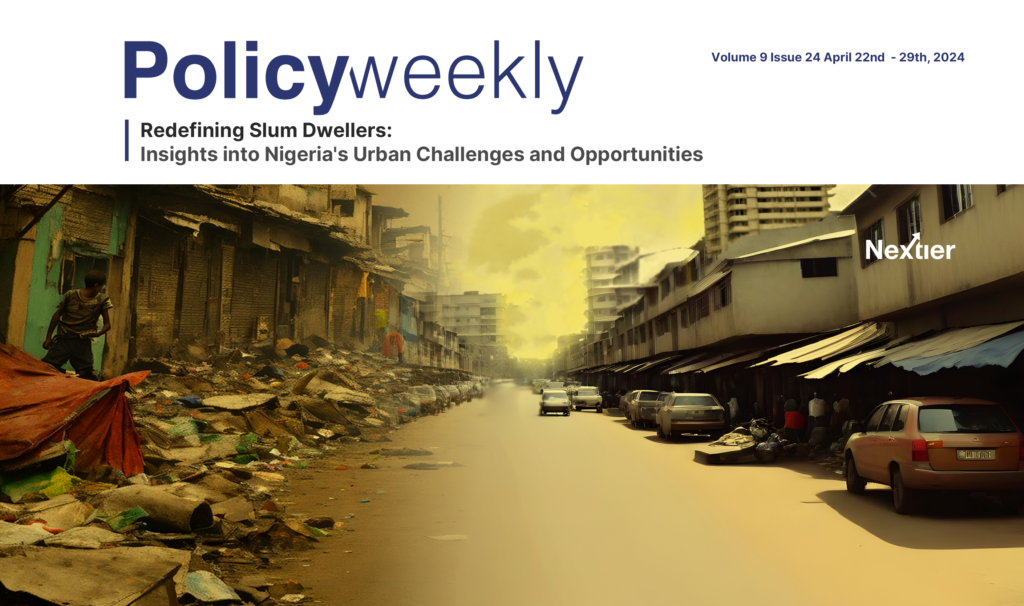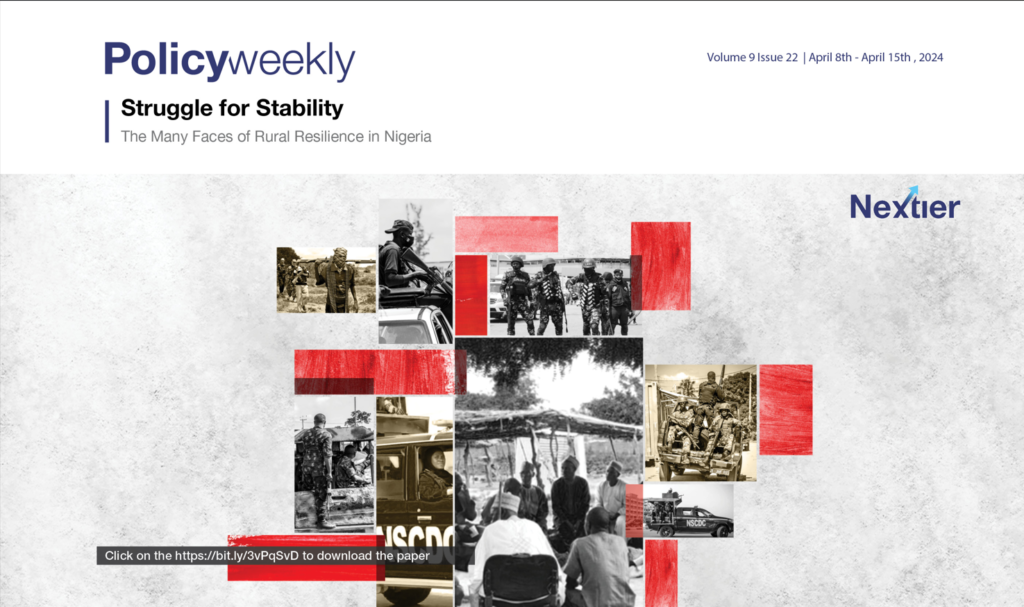With less than 5,000 MW of electricity generated from twenty-seven grid-connected power plants, consisting of nineteen (19) gas, four (4) hydro, two (2) steam, and two (2) gas/steam-powered plants, Nigeria is apparently an energy-poor country. Nigeria’s energy poverty has implications for its national development. A recent study has demonstrated that a weak power supply decreases the entry of new firms, reduces the productivity of existing firms, and stifles labour demand. Nigeria exemplifies this thesis as its energy poverty continues to refract in its unattractive economic indicators such as unemployment, lack of industrialisation, poverty among the teeming populace, etc.
Although the power sector has been privatised, the Nigerian government is reported to have spent over ₦4.9 trillion in electricity subsidies in the past ten years. But, still in pursuit of Nigeria’s neoliberal strategy of adopting cost-reflective tariffs in the power sector, on Wednesday, April 3, 2024, Nigeria’s electricity regulator – Nigerian Electricity Regulatory Commission (NERC), approved an increase in tariffs for customers classified as Band A customers. Apparently, reforms in Nigeria’s power sector have not delivered the promised efficiency, increased investment and accessibility to electricity. Why is this so?
With specific focus on the distribution value chain of Nigeria’s power sector, this edition of the Nextier SPD Policy Weekly adopts the political settlement framework to conduct a political economy analysis of the power sector with a view to signposting why neoliberal reforms in the sector, particularly privatisation, is yet to deliver efficiency, attract investment and improve access to power.
Click here to download report



